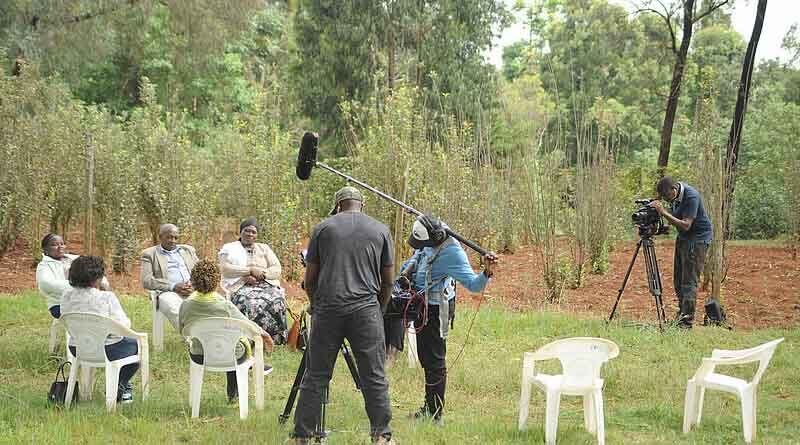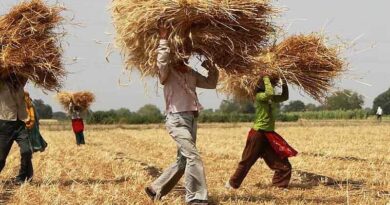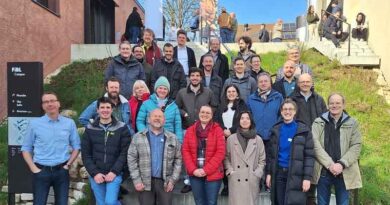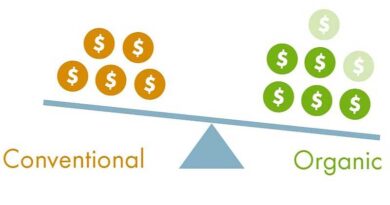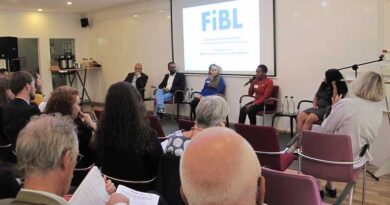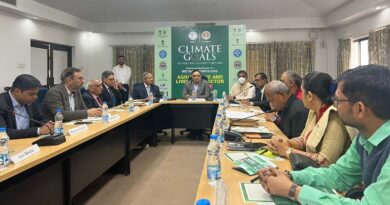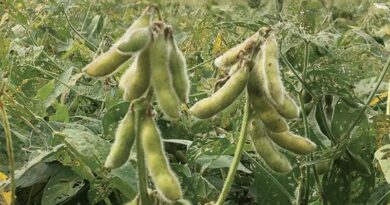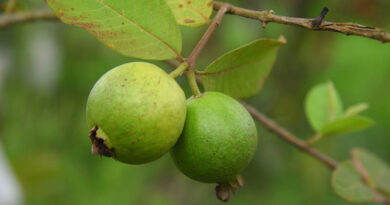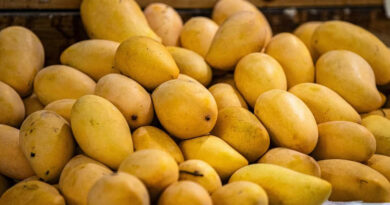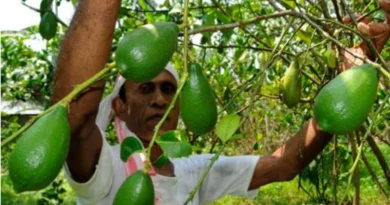Advancing organic agriculture in Africa: New training material published
20 March 2023, Africa: Organic agriculture and agroecological approaches are gaining importance in Africa as they are supposed to enhance environmental health as well as nutrition security and well-being of both smallholder farmers and urban consumers by contributing to healthy, diversified diets.
Several studies conducted under temperate environments (mainly in Europe or Northern America) have established the benefits of organic farming over conventional farming. However, it has been questioned whether organic agriculture can contribute to sustainable development in tropical conditions. The projects SysCom (Farming Systems Comparisons Trials in the Tropics), ProEcoAfrica (Productivity, Profitability and Sustainability of Organic and Conventional Farming Systems in Sub-Saharan Africa: Comparative analyses) and OFSA (Organic Food Systems Africa) aim to fill this knowledge gap by working closely with farmers to design and undertake research in Ghana, Kenya, Uganda, India and Bolivia. More information about these projects can be found in the project brief ‘SysCom and ProEcoAfrica/OFSA projects’ (see link below).
These projects have enhanced the scientific evidence about the performance of organic agriculture in comparison to conventional agriculture in the tropics. Based on these insights, an appealing and accessible knowledge series was developed in collaboration with the GIZ project, Knowledge Centre for Organic Agriculture (KCOA). The KCOA project works towards closing knowledge gaps to promote food systems that create food security and respect the Earth’s environmental limits. The project has established five knowledge hubs, implemented across Africa.
Series on the ecological approach to organic farming
The knowledge object series covers six topics: the ecological organic approach, pest and disease management, soil fertility and health, productivity, profitability and biodiversity and climate change adaptation. For each topic, four formats are utilised to deliver the main messages; each intended to target a slightly different user group: factsheets, posters, presentations, and videos. The factsheets dive deep into each topic, highlighting necessary changes, expected benefits, and providing examples. The posters communicate the main messages from the factsheet visually. Both of these mediums are aimed at farmers, advisors and trainers. The presentations are aimed to further reach teachers and students as well. This format provides ready-to-use teaching material which can act as a foundation or be adapted to their needs. Lastly, the videos were created in close collaboration with farmers involved in the projects in Kenya. Viewers are toured through five farms, listening to the farmers’ stories, experiences, approaches, motivations, as well as struggles they have faced.
In addition, the series features a policy brief, ‘Advancing ecological organic agriculture in Africa’, aimed at those working in agricultural policy at the national and regional level, as well as to the actors in specific commodities and sectors, organic value chains, and standards. The policy brief considers how the research results can inform the debates on the future of organic agricultural development in Africa.
The series is made available for download in the FiBL Shop, the Organic Africa Website and on Organic Eprints. They will also be made available via the knowledge platform developed within the sphere of the KCOA project.
Also Read: Tendovo soybean herbicide from Syngenta earns rave reviews during first season of use
(For Latest Agriculture News & Updates, follow Krishak Jagat on Google News)

